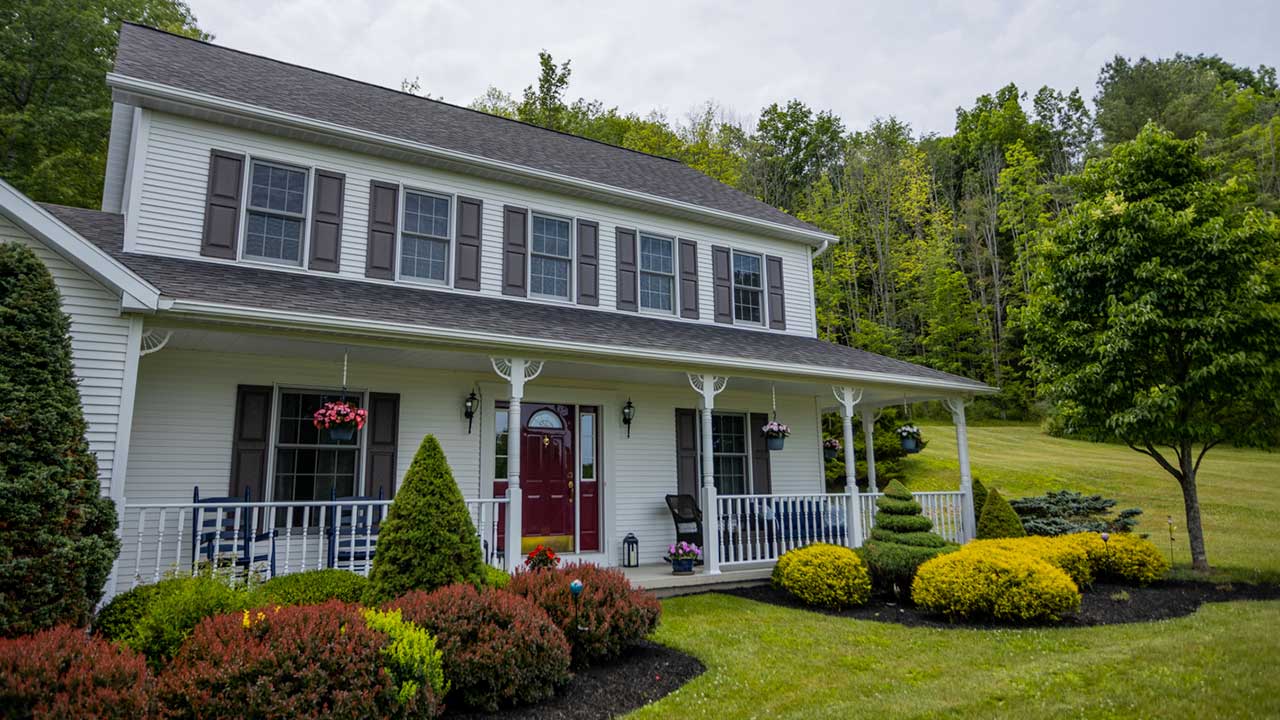Channels
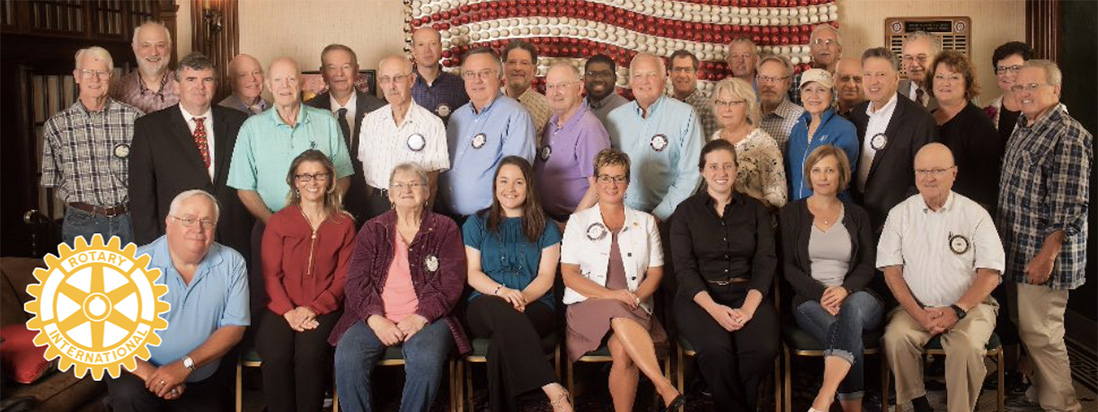
Rotary
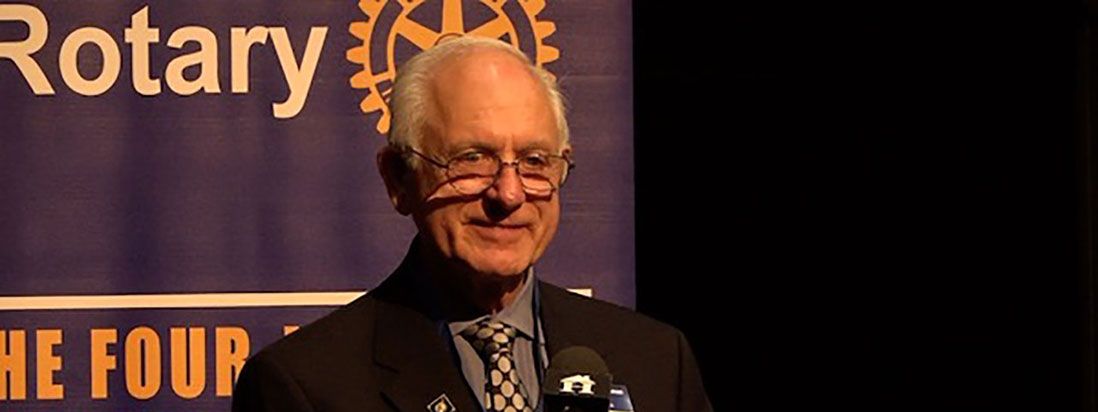
Rotary Conference

Laurel Health Centers
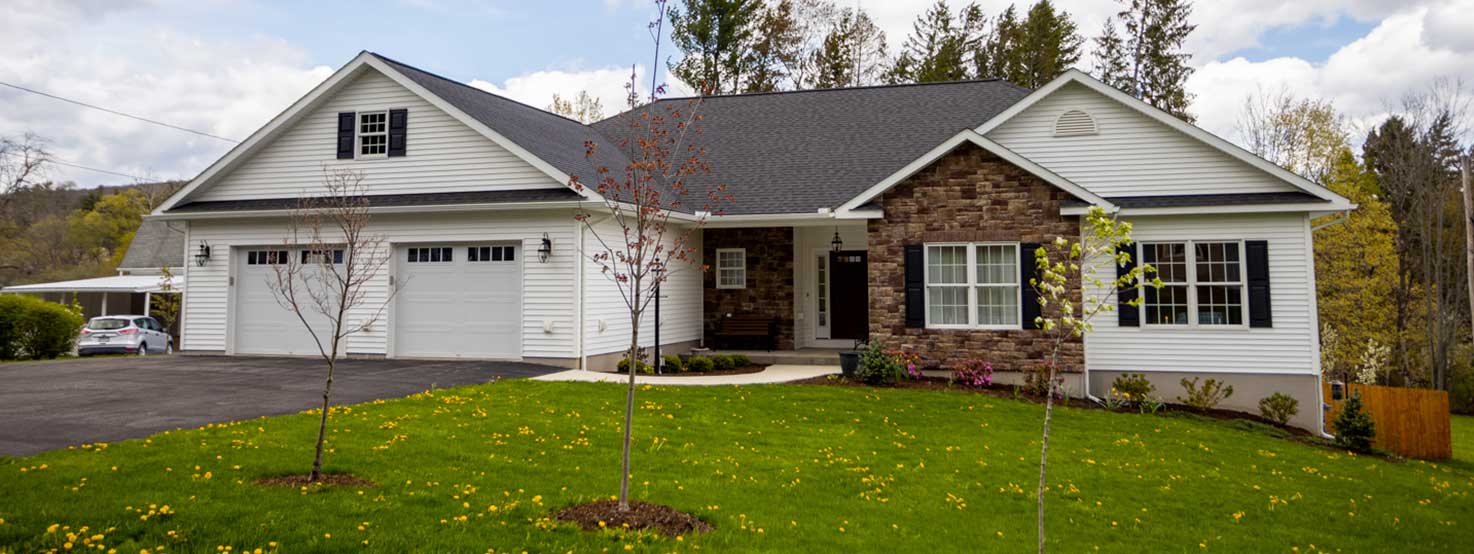
Penn Oak Realty

Movin Together

Bank On It
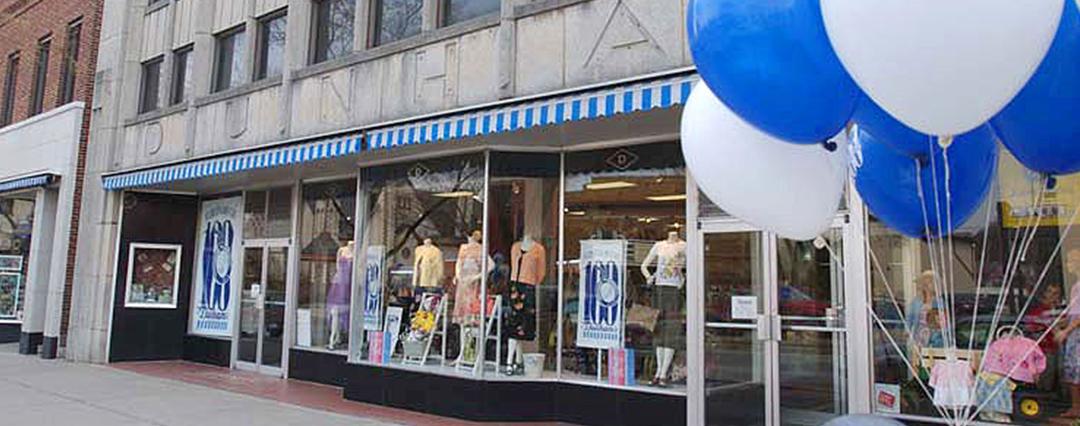
Dunhams Corner
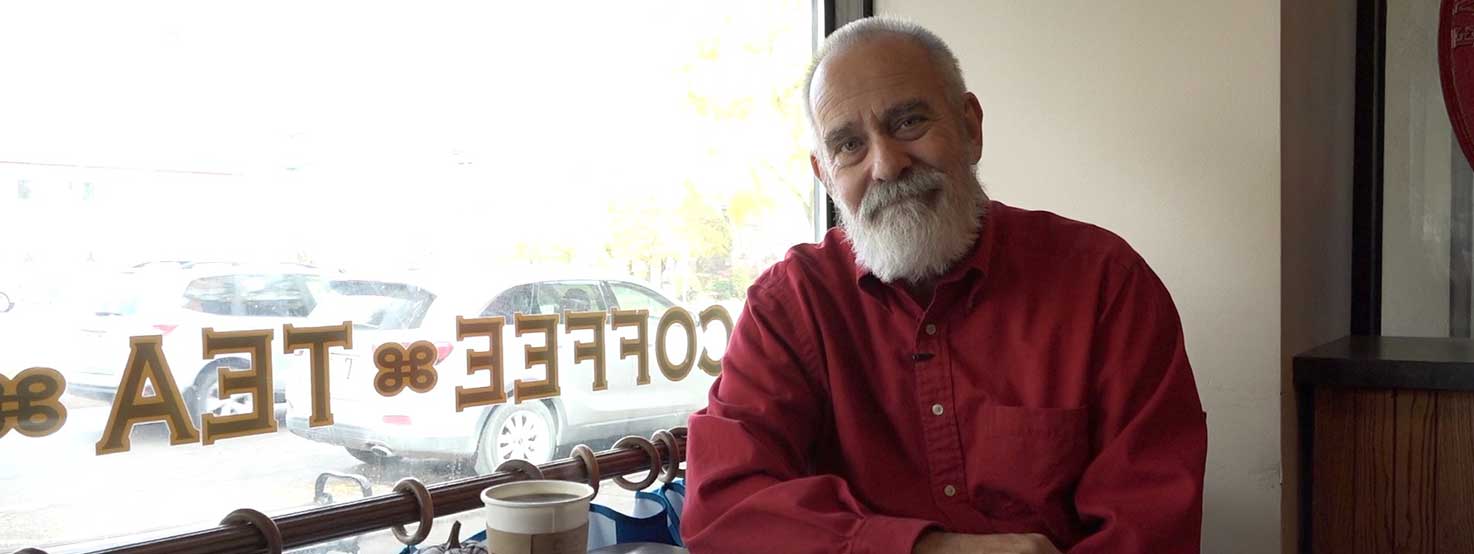
By The Door
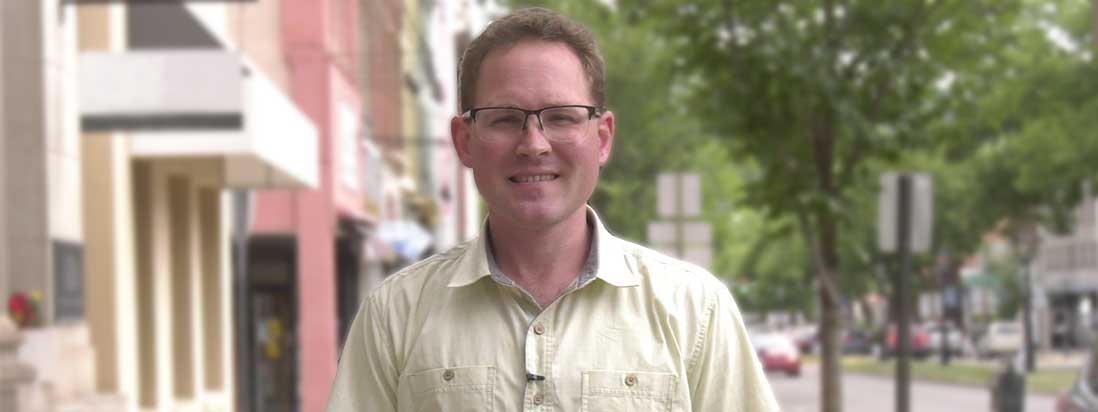
Questioning Life

Karschners Insurance
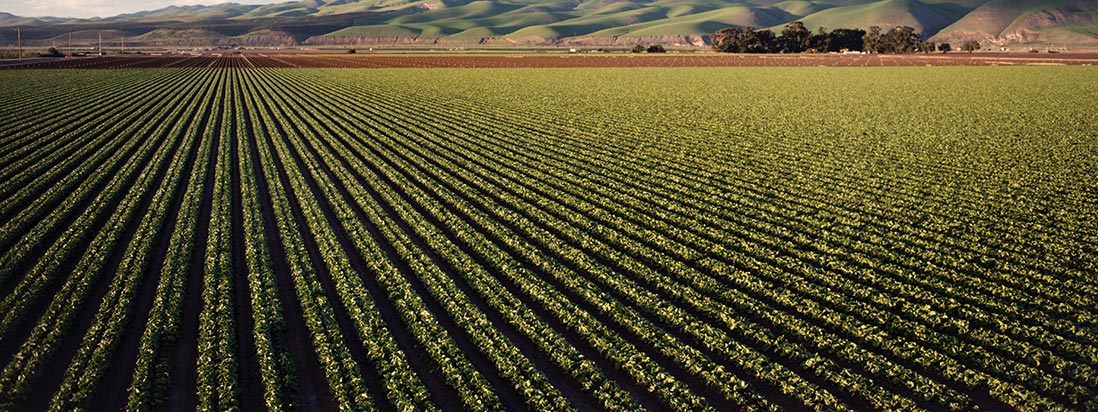
Ag Happenings

Back to Basics

Hornet Happenings
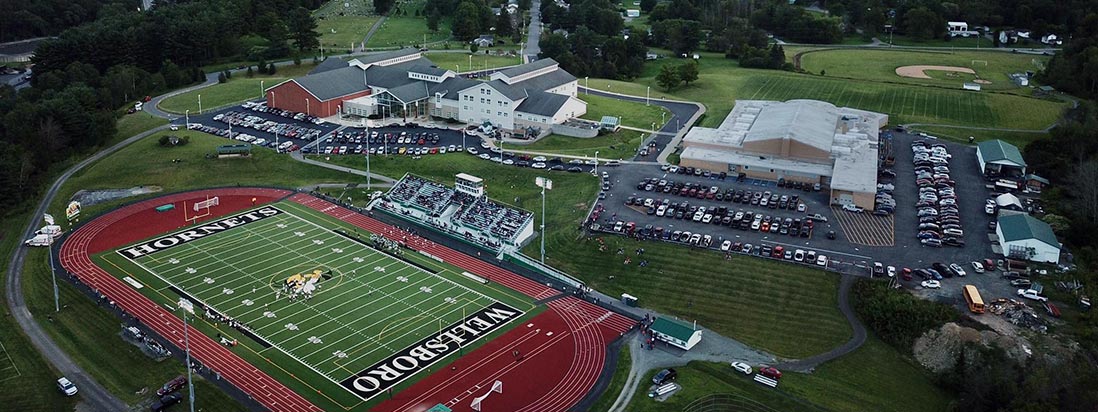
Live From The Hive

Momday Monday
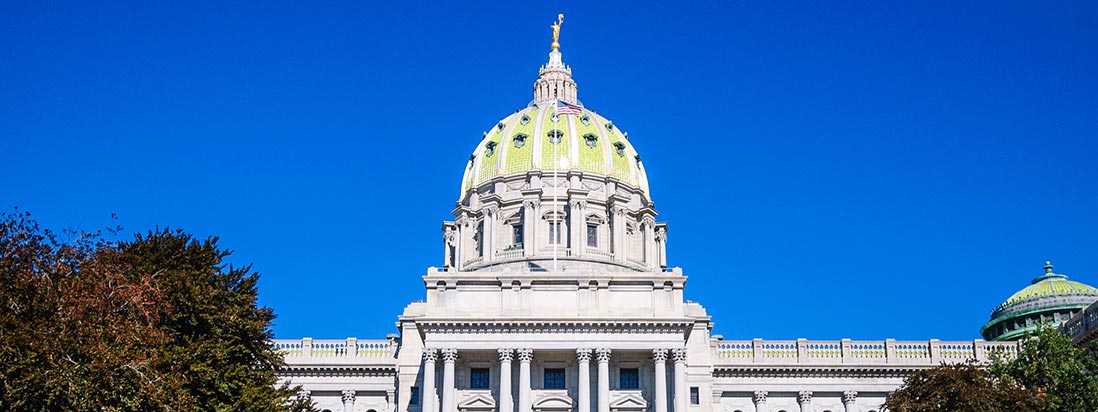
Pennsylvania Politics

The Briefing

Weekly Highlights
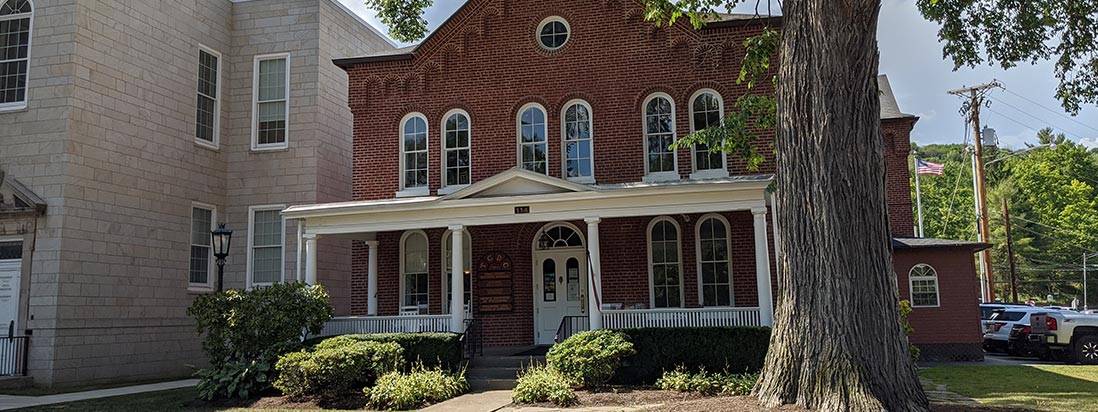
Wellsboro Chamber
Local Ecologist Encourages Community to Protect & Support Pollinators
Chris Firestone, a botanist with DCNR Bureau Forestry, spoke yesterday afternoon at the Gmeiner Art and Cultural Center about the impact that pollinators bring to the world. She demonstrated the various pollinators that exist, specifically in North America, and how their livelihood could build or destroy the ecosystem.
Humans greatly depend on pollinators for food. Pollinators also play a significant part in keeping the ecosystem running as they affect food for certain animals, which are then food for other animals, and so on. In relating to pollinators keeping the ecosystem running, Firestone pointed out, “A healthy ecosystem is healthy for humans.”
Some of the more common pollinators are bees, butterflies, moths, birds, bats, beetles, and other insects. Currently, they are facing significant challenges such as a lack of food and places to build their homes and herbicides and pesticides.
Firestone stresses the importance of planting native plants to bring change and help pollinators. In gardens, providing bear ground so that pollinators can have nesting areas can be crucial as well. Even having a dish of water outside can assist these incredible animals.
Other ways to provide food and habitat for pollinators include planting shrubs and trees, mixing plants that will bloom in different seasons, reducing or eliminating pesticides, and leaving dead tree trunks so they can act as wood-nesting for bees and beetles.
Overall, being aware of pollinators and how much they shape the ecosystem is key to the start of real change. Pollinators are vital to the ecosystem and, therefore, how humans live and eat. Taking time to be mindful of these incredible animals will be the start of making sure the planet is taken care of.
Credits:
Videography: Andrew Moore
Video Editing: Andrew Moore
Writing: Johanna Vogt
Correspondent: Johanna Vogt
Guest(s): Chris Firestone
Produced by Vogt Media
Home Page Sponsors: PRSM Healthcare, Blaise Alexander Family Dealerships







